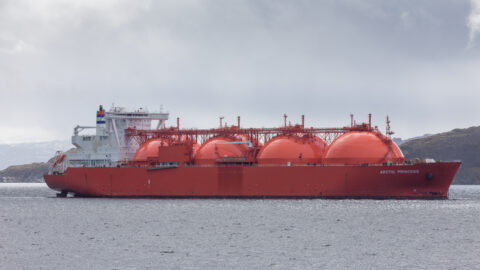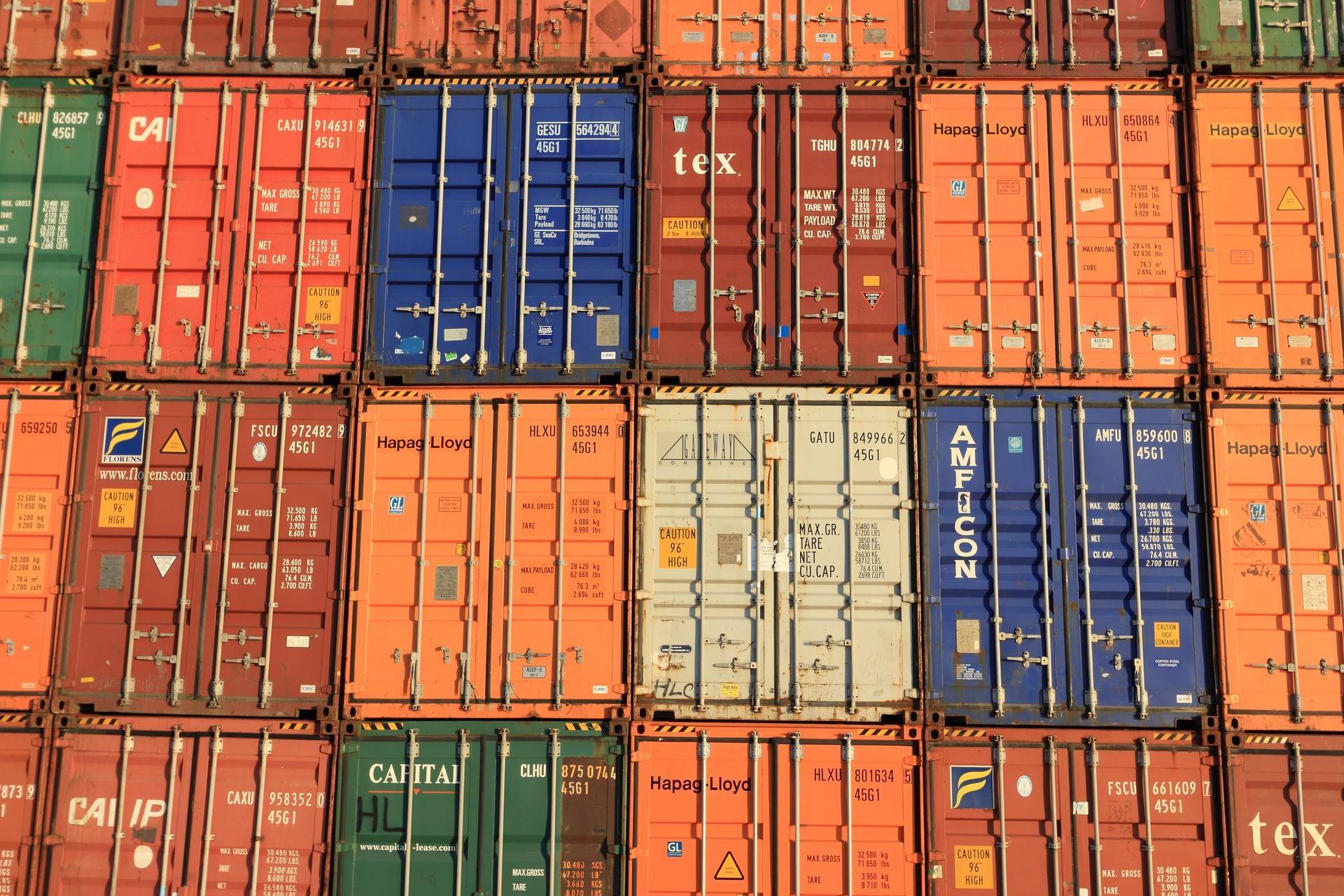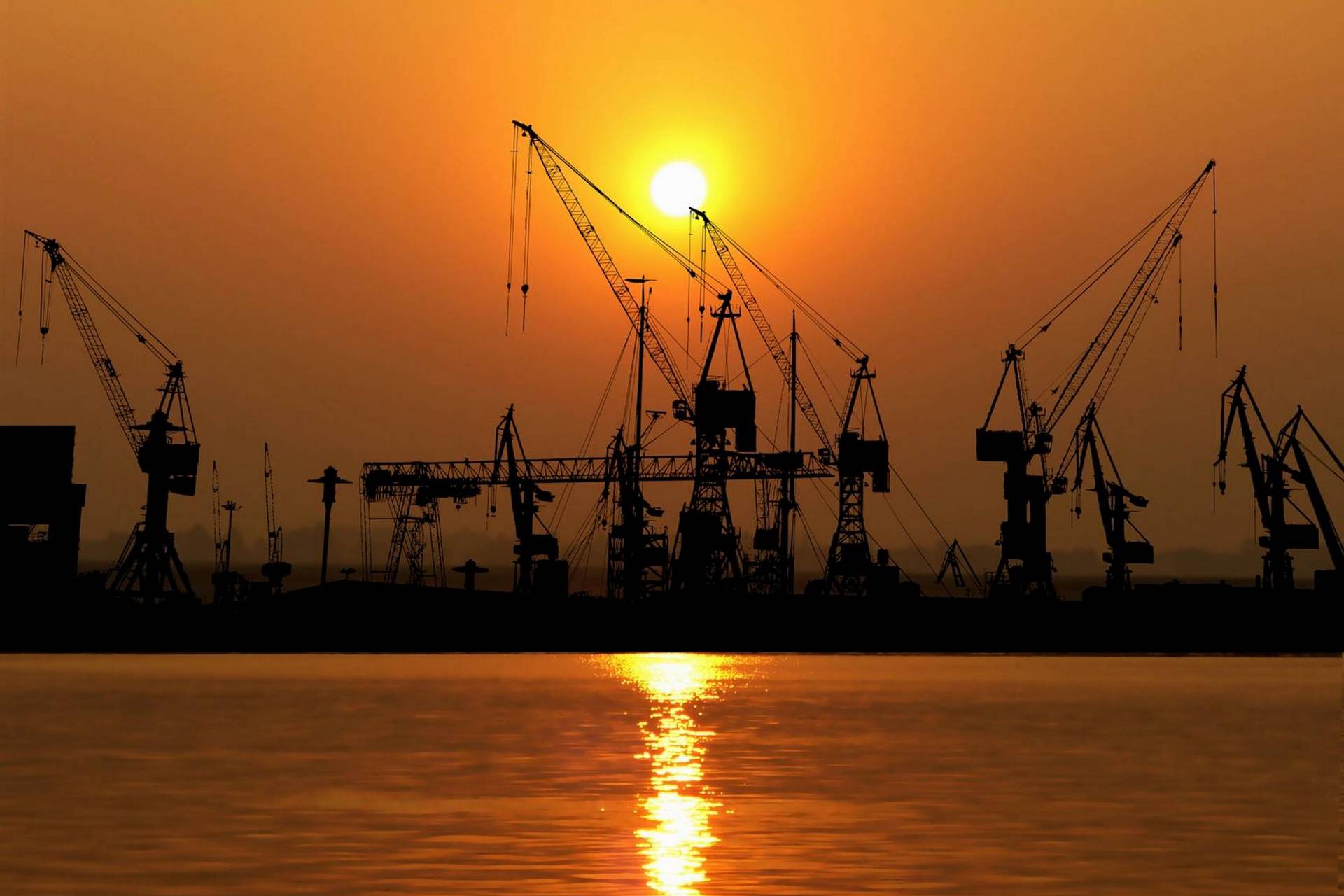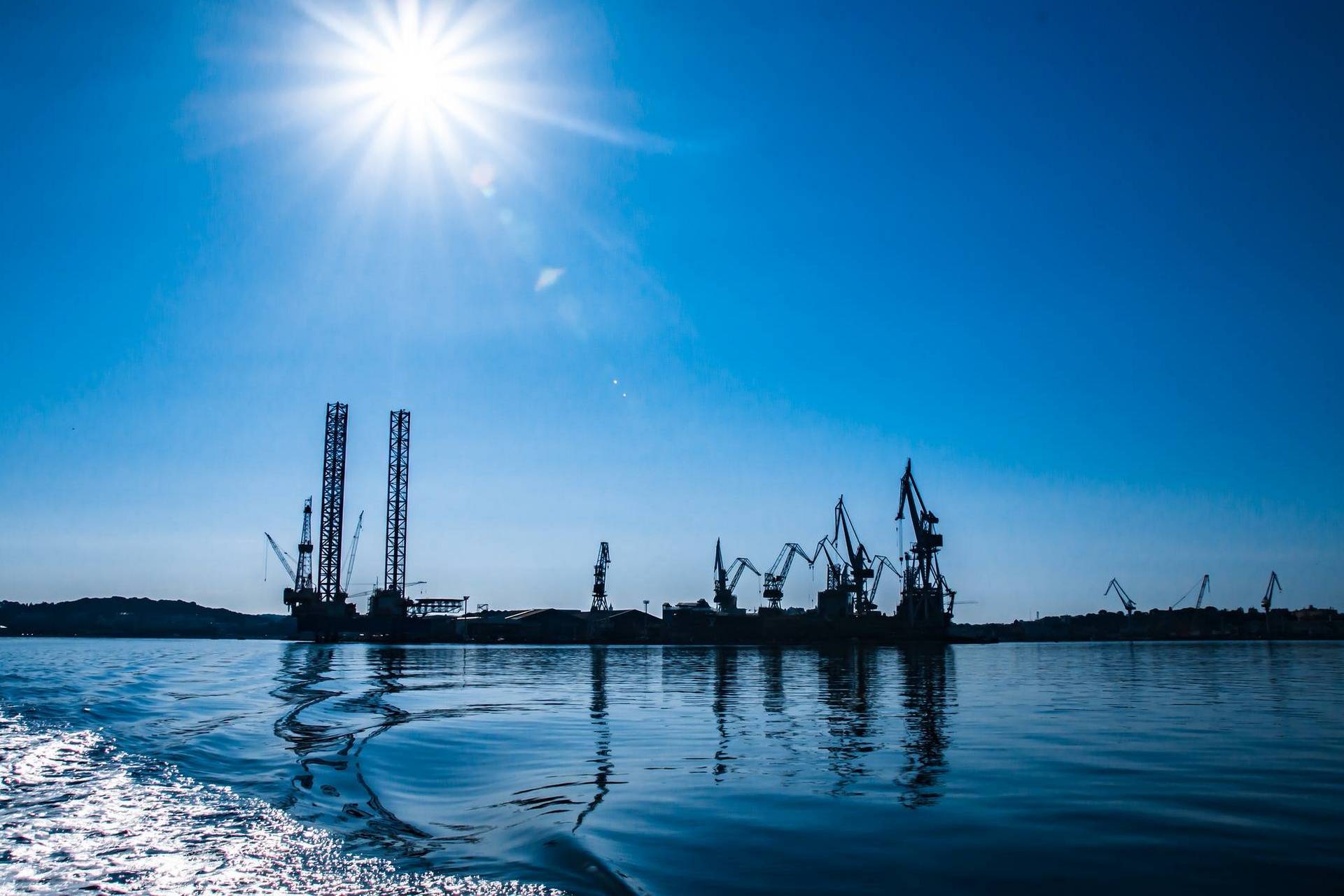Pros and cons of working on a gas carrier

Automatic translation
Many experienced sailors serve on the ships of the tanker fleet: this is both honorable and monetary. Crewing companies provide vacancies for any type of tanker, but working on a gas carrier is perhaps the most profitable: the working conditions are excellent, and the salaries are never higher. True, it is not easy to get such a vacancy, additional training, confirmation of qualifications, etc. are required. Is it worth it? You decide.
The bright side of the coin
The first and foremost thing that attracts seafarers to work for LNG tankers or, in common parlance, gas carriers, is the high level of salaries. Here, the "extra" thousand are paid to all officers, even sailors often receive a rate slightly higher than on other ships.
The second, no less important point: there is almost always a job for seamen on a LNG carrier. LNG tankers are among the largest vessels in the international fleet, so their maintenance requires a lot of hands.
Working conditions are third on the list. Most often they talk about separate cabins and the possibility of Internet access, but this is not all. Modern equipment automates many processes that were recently done by human hands, so it is much easier to work on new tankers, at least physically.
Further, let us recall the possibility of distance learning, which is provided by the Internet access. Talking to your family is great in itself, but you can also upgrade your qualifications on the flight. Even if everything suits you on LPG / LNG ships, a few successfully completed courses will help you get a salary increase on your next voyage.
Finally, last but not least, honor and respect from other sailors. Even one voyage on a tanker transfers a sailor to another league, and for a career the tanker fleet is a step up compared to dry cargo ships.
 Cons details
Cons details
Let's start with the most obvious: the threat to the life and health of the sailor. Of course, the maritime profession itself is dangerous, but natural gas in any condition is a powerful source of danger. Contrary to popular belief, the most common cause of accidents on gas carriers is a technical failure of equipment, and not explosions or fires at all, as the news assures us. In second place, as usual, is the human factor. The only advice that can be given here is to check the ship's year of manufacture before submitting a resume to crewing vacancies. The newer the ship, the lower the risk.
A high entry threshold cannot be disregarded - to work as an officer or mechanic of a gas carrier requires qualifications that you cannot get in a day or two and ten euros. Thus, a basic training course in loading operations for both officers and ratings will take 35-40 hours of theory and practice on average. Add to this certificates of knowledge of specific computer programs that are required for keeping watch and reading vector maps - at least 7-8 hours for a beginner. Not everyone wants to invest additional time and money, already having a well-paid profession in their hands, and they can be understood.
In addition to high requirements for professional skills and abilities, employers as one want to see responsible young people without bad habits on their ships. If you have records of disciplinary issues, you will simply not be taken to the tanker. The procedures on ships of this class are very strict, because the entire crew can suffer from the irresponsible behavior of one person.
And for a snack - something that is not often warned about in crewing: filling out documents. Here you need perseverance and knowledge of technical English. And if for a sailor writing reports is a relatively rare occupation, then officers, especially those serving in the engine room, are forced to fill out papers between shifts, explaining every action that goes beyond the instructions.




